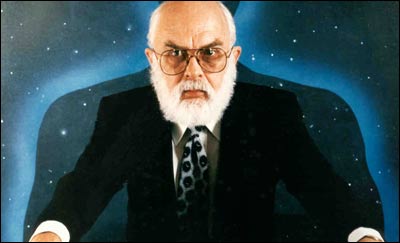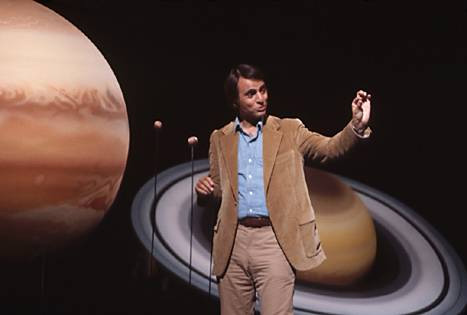Book Review: Rejecting Pascal's Wager
Paul Tobin's Book: The Best Skeptical Book on the Bible as a Whole
Paul Tobin’s new book, The Rejection of Pascal’s Wager: A Skeptic’s Guide to the Bible and the Historical Jesus has arrived and I am very glad it did. It is the best skeptical work on the Bible as a whole. Gerd Lüdemann, author of several skeptical works on early Christianity, recommends it “with the utmost enthusiasm.” I do too.
Tobin’s whole argument is aimed to show that Pascal’s famous wager has no effect on us because we are not forced to choose between Pascal’s Catholic brand of Christianity and unbelief. Why? Because the central claims of Christianity are false. He takes aim at the Bible to show that while it may be a great work of literature it is not the word of God. And Tobin backs his claim up with his massive 652 page book, complete with a nice bibliography and indexes.
If you’re a Christian who has deconverted at a later time in life then you need to re-learn most all of what you were taught about the Bible. If you were college and seminary trained like me, this can be a difficult thing to do. So, you could go on a massive reading binge, spending many hours and a lot of money feasting on book after book. Or, you could read this one. Given that choice I highly recommend you get this one. Tobin masterfully takes us through the Bible using critical scholarship to show us what we can and cannot know about it. It has helped me remember several things I learned back in college and seminary but had forgotten. It taught me some very interesting things I hadn’t yet thought through as a skeptic, and I think I’ve read a great deal on the subject since my deconversion. Tobin showed me I hadn’t read enough.
It’s all here for the most part in an encyclopedic fashion, covering the ancient myths, the errors, the lack of confirming archaeology, the failed prophecies, and the forged authorship. He also covers the ad hoc canonization process and the textual transmission of these texts. Tobin is a very good guide to these topics, using the results of critical scholars whom he refers to time and again.
He writes and thinks well too. Take for instance Noah’s Ark. Tobin tells us simply that on the one hand “it is too big,” in that the structure could not be seaworthy. On the other hand “it was too small,” with not enough room for all of the animals it would have had in it. (pp. 75-77).
Tobin also spends a few pages effectively dealing with the minutia of numerical “contradictions” in the Bible, like the value of π (pi) found in Kings 7:23-26 (pp. 29-38). He even shows how that the evangelical New International Version has purposely mistranslated several passages to eliminate the appearance of difficulties inherent in the original languages (pp. 197-204).
And he addresses how the liberals view the Bible by concluding that they “did not reach their conclusions by abstruse theological reasoning: they were forced by external circumstances—the findings of science, comparative religions, enlightenment philosophies and historical criticism.” (pp. 187-196).
If you want to know why scholars think the Gospel of Mark was written first you may only need to read this book. If you want to know why scholars don’t think Matthew, Mark, Luke and John are the authors of their gospels, and why they are written later than evangelicals claim, you may only need to read this book. If you want to know why the Nativity stories are fictions you may only need to read this book. If you want to know why scholars have serious doubts about what Jesus may have said, or why they doubt the Passion Narratives and resurrection stories, you may only need to read this book.
If you have only one skeptical book about the Bible as a whole this one is all you need. And even if you have some other books, this one will still inform you of issues you probably haven’t read up on, like it did with me.
Tobin did a massive amount of work here. I will use it as a reference when dealing with some of these topics in the future. It’s worth the price. I liked it so much I asked Tobin to write a chapter for a book I’ve been editing/writing.
Why is it, that on nearly every moral change issue involving human rights, the bible has been on the wrong side? http://www.edwardtbabinski.us/fundamentals/bible_moral_guide.html





